
EXPERIENCE
Sumida Ward, the birthplace of Edo culture
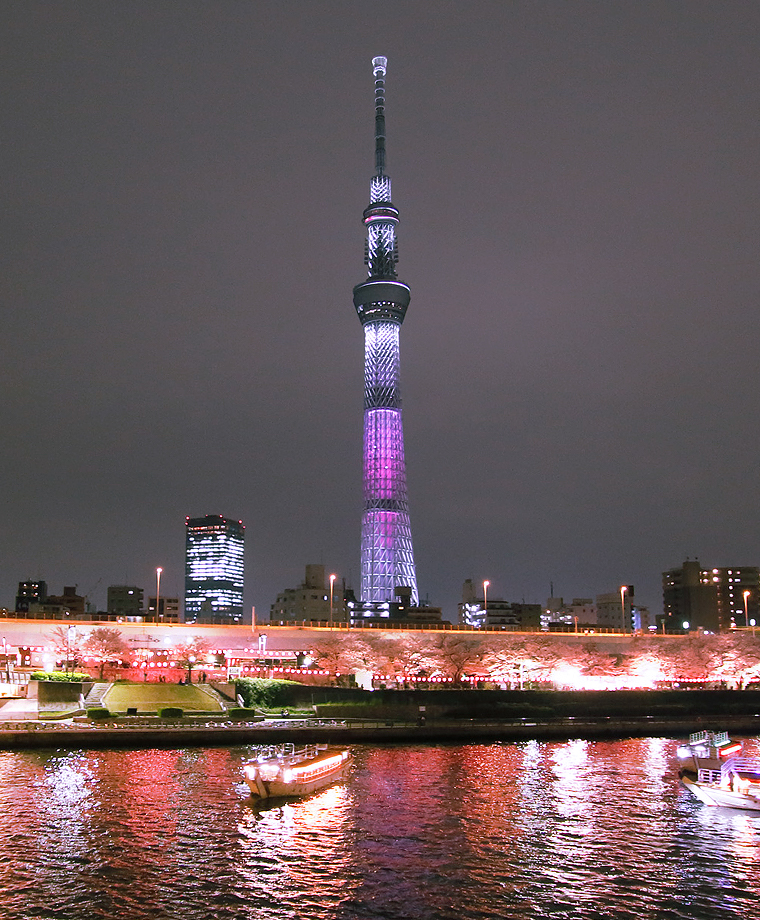
Sumida Ward, which unfolds on the east bank of the Sumida River, is the neighborhood where Edo culture began. Its development was triggered by the relocation of many estates, temples, shrines and storefronts from the west bank following the Great Fire of Meireki. Brimming with energy, this bustling area is distinguished from the west bank, known for its samurai culture with Edo Castle at its center.
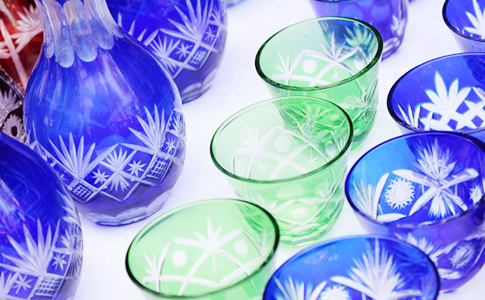
Create
Sumida Ward has been home to many artisans since the Edo Era, and it’s still a neighborhood where manufacturing flourishes. Some locations provide hands-on experiences in making multifaceted Edo glass and other traditional crafts.
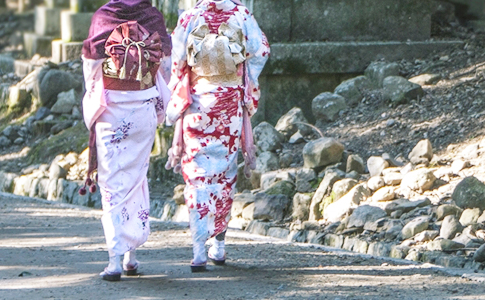
Wear
In every age, fashion has expressed how people live. There are many shops in the area where you can rent kimonos. Why not go for a stroll in traditional fine clothing and discover another side of yourself?
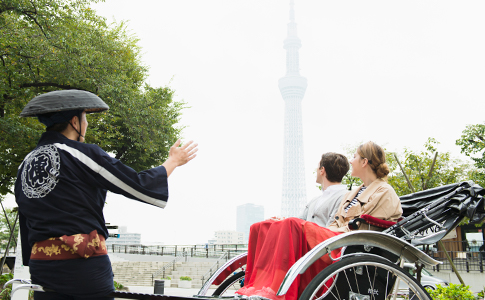
Ride
The Sumida River looks different when seen from a roofed cruising boat or a rickshaw, as opposed to on foot. You can feel the breeze of Sumida River.
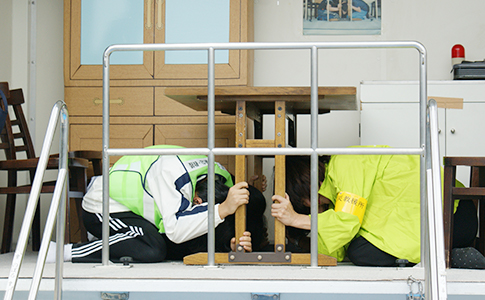
Study
This area has overcome many hardships, including damage from fires and floods. At the Honjo Disaster Prevention Hall, you can learn about disasters through simulated earthquakes and thunderstorms.
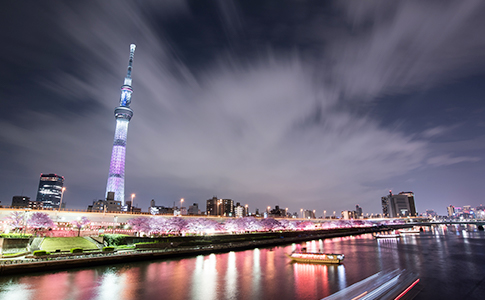
Spring
The promenade along the Sumida River is one of Japan’s most famous spots for cherry blossoms. The addition of Tokyo Skytree’s® night illuminations makes the view absolutely breathtaking.
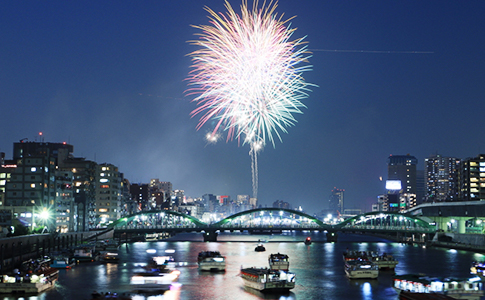
Summer
The Sumida River firework festival is synonymous with summer. The spectacle of light and sound adds another dimension to the summer night.
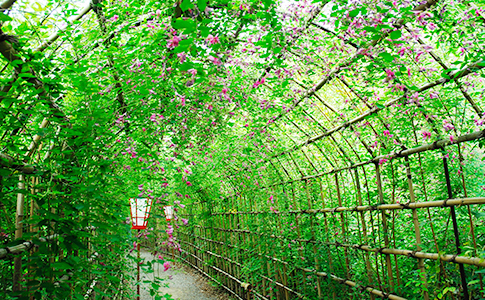
Autumn
The bush clover tunnel in Mukoujima-Hyakkaen signals the arrival of autumn. Early-flowering camellias, red spider lilies and sasanqua camellias are also at their best in the fall.
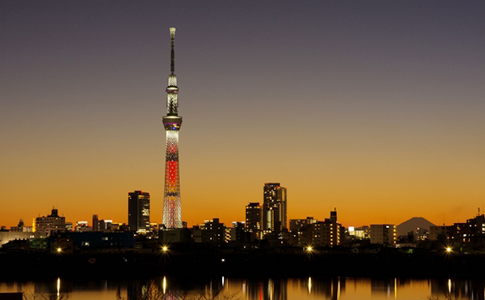
Winter
The wind is strong and the air is clear. Winter is one of the few times of year Mount Fuji is visible from the Tokyo Skytree® observation deck.
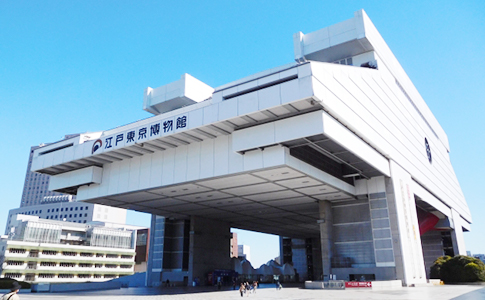
History
If you want to experience the streetscapes of Edo and the everyday lives of its residents, head straight for the Edo-Tokyo Museum. Model exhibitions of all sizes are used to recreate life as it was in the Edo period.
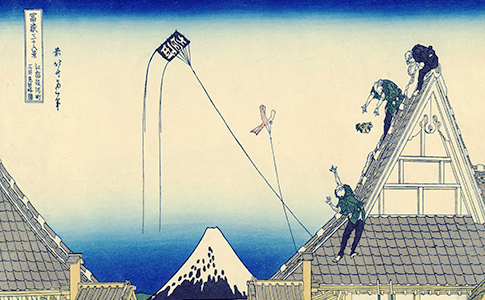
Art
Katsushika Hokusai’s ukiyo-e were on the cutting edge of pop culture during his time. He’s closely associated with Sumida Ward, and the first permanent museum to him opened here in 2016.
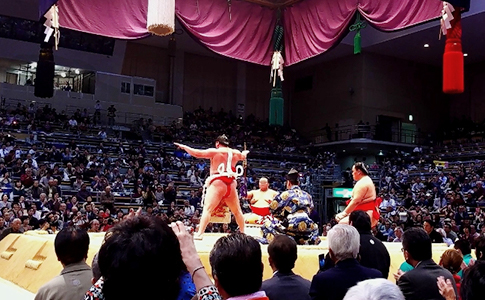
Sports
Since the Edo era, sumo has matched kabuki in its popularity as entertainment. People are fascinated not only by its appeal as sport, but by the ritual beauty of the ring entrance ceremony and yumitorishiki—the victory bow-twirling ceremony at the end of each sumo perormance day.
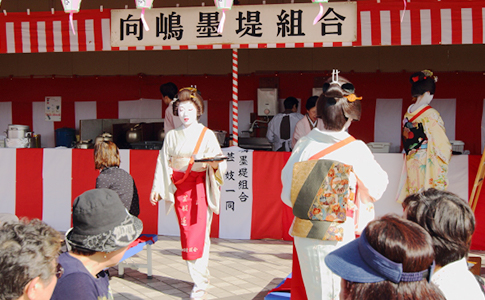
Performance
Mukoujima has flourished as a restaurant district since the Edo era. Its origins are rumored to lie in the phrase, “the elegant district seen beyond (mukou) the Sumida River from Asakusa.” The enchanting dances of the geishas will charm you.
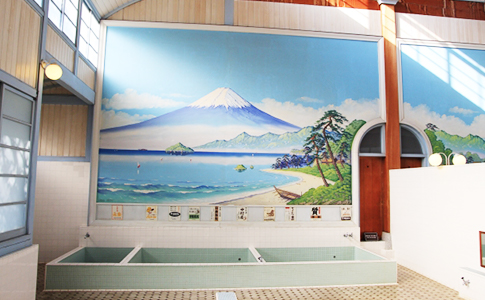
Heat
Public baths were social hubs for the common people of Edo. Styles range from old-fashioned public baths to “super baths” with attached sauna and massage facilities. Find your favorite!
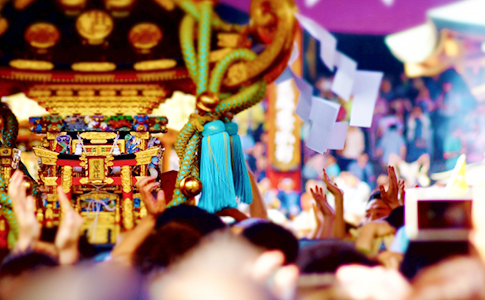
Fever
Sumida Ward is home to many festivals throughout the year. In particular, festivals which feature portable shrines carried through the streets are held in June and September. Enjoy these opportunities to fully experience the enthusiasm and excitement of the local people.
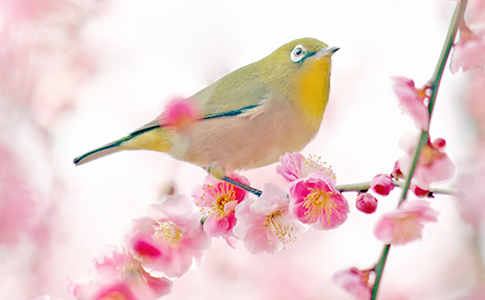
Scent
Every year, from late February until early March, Omurai-Kobaien and Mukoujima-Hyakkaen are filled with the sweet fragrance of plum blossoms—harbingers of spring.
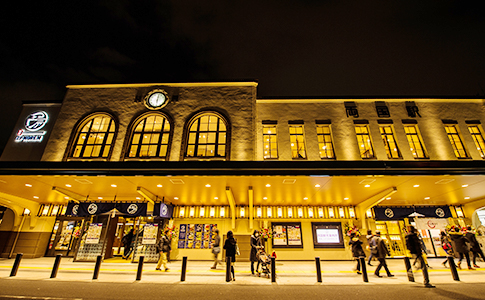
Taste
At Edo NOREN, a commercial facility connected directly to Ryogoku Station, myriad culinary styles have been brought together under one roof, including items known as the “fast food” of Edo: sushi, soba and tempura.










